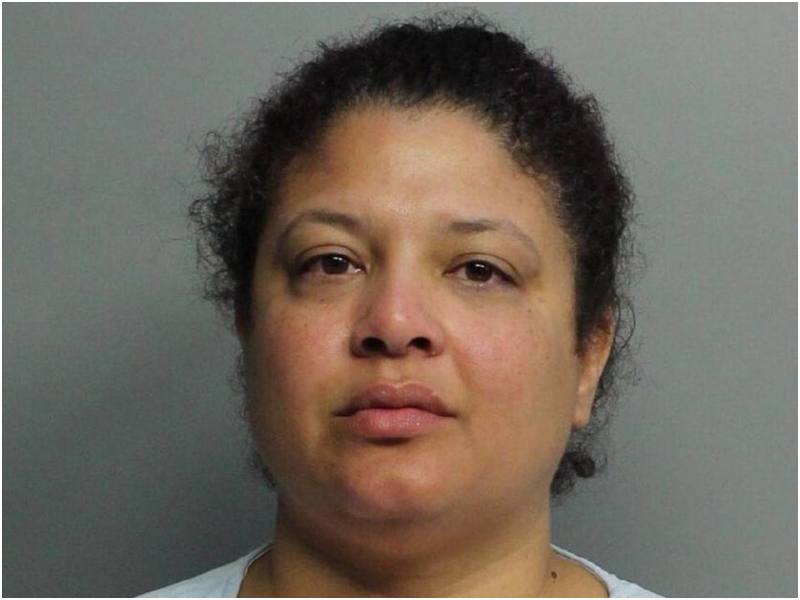The Florida Supreme Court has formally revoked the law license of Nina Marano, a Florida attorney who pleaded guilty to tampering with a corpse.
The revocation, which took place on Nov. 14, 2024, followed Marano’s request and will stand unless a rehearing motion is filed within the designated time frame.
Marano, also known as Nina Tamar Beltran, was convicted in connection with the 2020 murder of Marisela Botello, a 23-year-old Seattle woman.
Background of the Case
Marano’s involvement in the case stems from her relationship with Lisa Dykes, who was convicted in December 2023 for the fatal stabbing of Botello. The crime, which took place in Dallas, was motivated by a jealous rage after Dykes discovered Botello in bed with Marano’s partner, Charles Beltran.
According to reports from KDFW and NBC DFW, Marano and Beltran both pleaded guilty to tampering with a corpse for their roles in concealing Botello’s body after her murder.
Marano, a graduate of Brigham Young University’s J. Reuben Clark Law School, was employed at the Empire Law Group in Polk County, Florida, when she was arrested in Miami.
She and Dykes, who was a paralegal at the time, had met while working at the same law firm. After the women’s arrests, they fled to Cambodia after cutting off their ankle monitors, where they were later captured and extradited.
Legal Consequences and Prison Sentencing
While initially charged with murder, Marano and Beltran saw the charges against them dropped during Dykes’ trial. Beltran testified against Dykes, and Marano chose not to testify in her wife’s defense. Marano was sentenced in June 2024 to eight years in prison, while Beltran received a six-year sentence.
Dykes was sentenced to life in prison for the murder of Botello.
Marano’s law license revocation is a direct consequence of her criminal conviction, and under Florida Bar rules, she may petition for reinstatement after serving five years of her sentence. She was 53 years old in September when she made the request for license revocation.
Professional and Ethical Implications
Marano’s case underscores the professional and ethical responsibility lawyers have in maintaining public trust.
The Florida Supreme Court’s decision to honor her request for license revocation highlights the legal profession’s commitment to ensuring that attorneys convicted of serious criminal offenses are held accountable.
In light of her guilty plea and conviction, Marano’s inability to practice law further reinforces the gravity of her actions.

